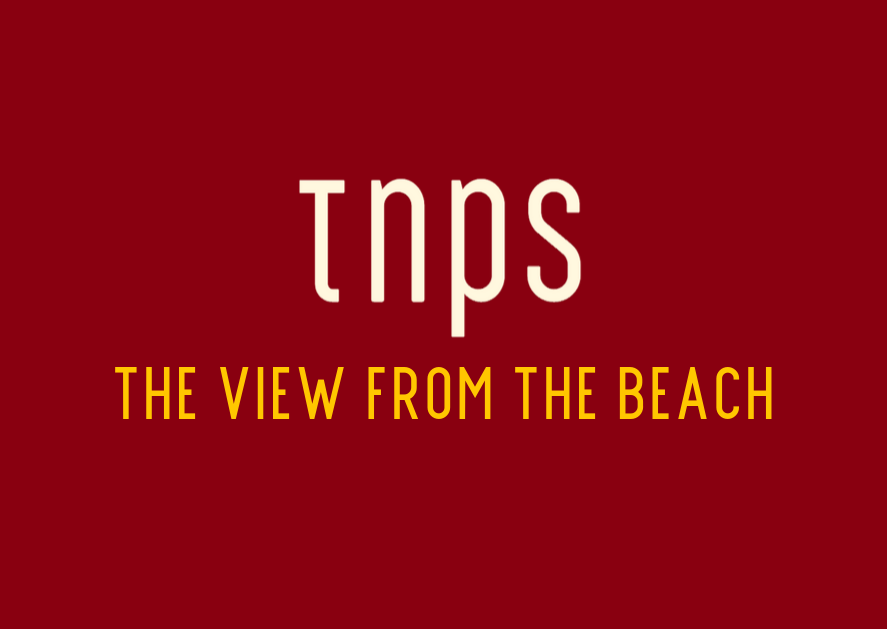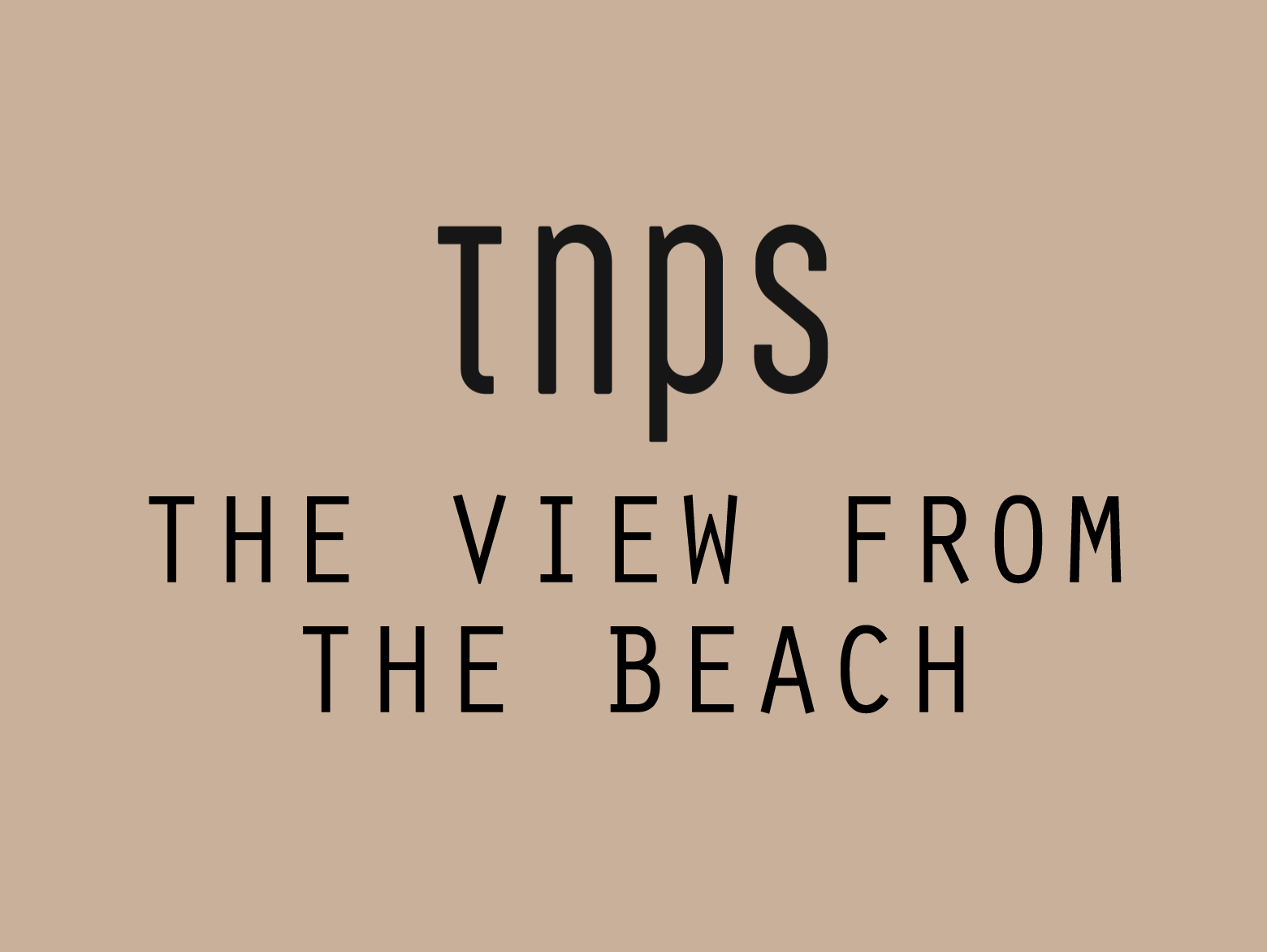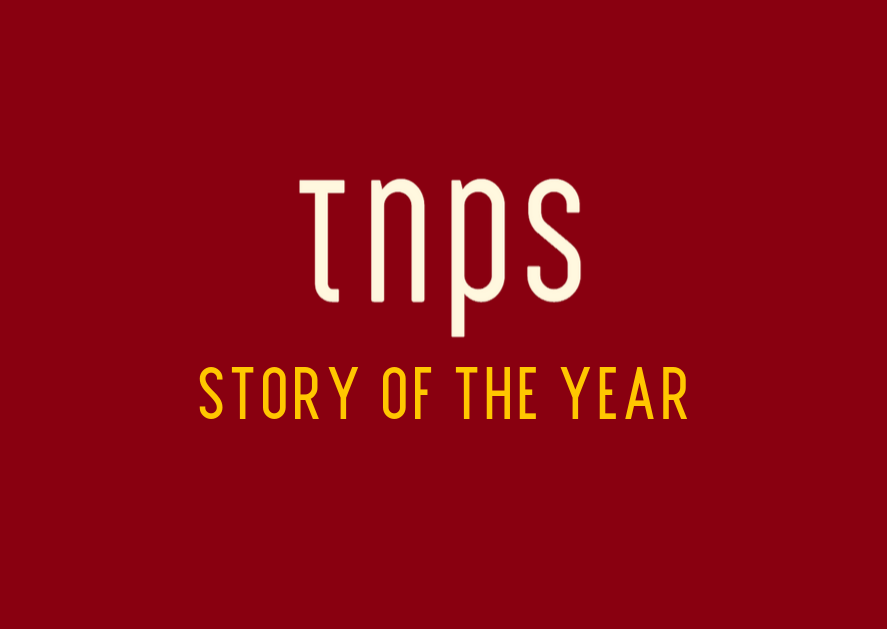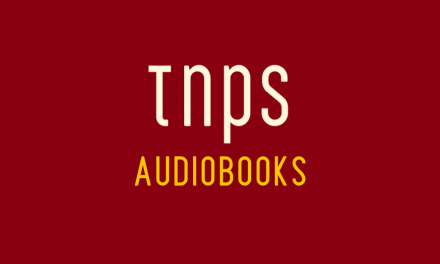Would a 30 second ad inserted every five or ten chapters really be more disruptive than a knock at the door or stopping for lunch or answering the call of nature?
Per a report in Variety, Netflix now has more than 23 million paying subscribers for its ad-supported streaming service, with 30% of new subscribers in 12 countries buying into the cheaper ad-supported option.
Over at Boktugg AB, Sölve Dahlgren recently pondered whether the book streaming platforms might go down this road.
There are two angles here that Dahlgren addresses:
First, would the consumer go for it?
” Suppose Storytel or one of its competitors offered unlimited listening at a lower price to those customers who agreed to listen to advertisements. How much advertising would be okay? Would listeners put up with that between each chapter? Hardly anyone wants a commercial break in the middle of a chapter. “
Clearly mid-chapter ads would be disastrous, whether for audio or ebooks. No-one wants their reading/listening interrupted mid-chapter, because in most books the narratives are compartmentalised by chapters.
As we know from imported TV shows where the hosting country’s commercial TV station sticks adverts in with scant regard for the storyline’s momentum, this can jolt the viewer out of the story. Yet still these programmes attract big audiences. Clearly frequent ads are not a major deterrent for consumers.
Between-chapter advertising reduces that friction, but still raises problems because chapter length varies so much from title to title. Many commercial fiction books thrive on super-short chapters of 2-3 pages.
James Patterson has made this a commercial fiction art form, and an ad every other chapter would be beyond irritating, but an ad every ten chapters? Not so bothersome.
The idea should not be ruled out without considering how it might work. Just setting a rule whereby an ad appears every x chapters would not work. It would need someone to read/listen to the book and select suitable places where an ad might be inserted with minimum disruption.
The TV example above again offers some guidance. Commercial TV channels that thrive on ad revenue understand ads need to be appropriately positioned and be appropriate to the programme.
Back in my brief foray into TV writing in the last century, we had to consider a) if the teleplay was for the BBC (no commercial breaks) or ITV (with commercial breaks). The type of ads were not within our remit as writers to even think about, but we did need to write the teleplay with a “natural break” location built in.
Breaks here being usually 30-second commercials one after the other for maybe thee minutes (and again at the end of the programme and before the next started).
I’ve no idea how the breaks are allocated for Netflix commercials-supported subscribers, but I’d imagine it would be something similar.
And of course it had to resonate with the consumer, to make it worthwhile for the advertiser to repeat the process.
For books, purists will insist this could never work, but actually ads for other books by the same author are totally commonplace in print books, and I’ve never heard or read of any reader saying they would no longer buy Author A’s titles because there were ads at the end.
Which leads to Dahlgren’s second point: would the advertiser find it worthwhile?
The problem here being TV consumers and book consumers may have a clear intersection in any Venn diagram, but the TV group is likely a far bigger and broader audience.
But clearly there would be certain products with particular appeal to a particular demographic, and there really ought to be plenty of potential for non-time-sensitive ads in book.
The other factor, of course, is asking would publishers and authors find this acceptable? Publishers have total control over the print edition. But for digital editions, the possibility is there for the platform to do its own thing with ads.
Might publishers refuse permission, or simply boycott a platform that put ads into their books, even if done discreetly?
Ads are not new, whether on traditional TV or in traditional print books. Some do. Some don’t.
Streaming TV is now experimenting with how this can work in the streaming era, and book platforms will certainly be looking at options.
Amy Reinard, Netflix’s ads czar, said at CES: ” We’re very fortunate to be able to take a long-term perspective on this. We know there’s a lot of work to do on our side, but we’re all about learning and iterating and working with our advertising partners to figure out, ‘How do we grow this business in a meaningful way?’ ”
Digital book platforms would be crazy not to be looking at this. A super-cheap subscription rate for a service with ads, alongside a premium no-ads option.
Purists will of course cry the sky is falling. Books have to be read intact in one go, and cannot have any interruptions cavalierly inserted to destroy the consumer experience. Readers do not want to be jolted out of their immersive cocoon by fatuous ads. “Immersive, immersive, immersive!” Reading is not like watching the telly, dontcha know?
But that ignores the simple reality that almost all books, in whatever format, are read (or listened to) between interruptions.
We read or listen a bit, put the book down to deal with a real life interruption, then then pick it up and carry on where we left off, which may be minutes, hours, days or even weeks later.
I read for hours every day, but cannot remember the last time I managed a whole hour of uninterrupted reading. Eating, sleeping, working, bathing, answering the phone, washing the dishes, checking emails, travelling, whatever. The reality is, almost no-one has the luxury of consuming a full-length book without interruption.
Would a 30 second ad inserted ever x chapters really be more disruptive than a knock at the door, or stopping for lunch, dealing with the kids squabbling, changing diapers or answering the call of nature?
If ad-paid subscription for books can be introduced alongside other options, and is done thoughtfully, and thereby opens up whole new audiences among the cash-strapped and the miserly, what’s the problem?
Read the full Boktugg essay here.
Read the Variety report here.
This post first appeared in the TNPS LinkedIn Pulse newsletter.





